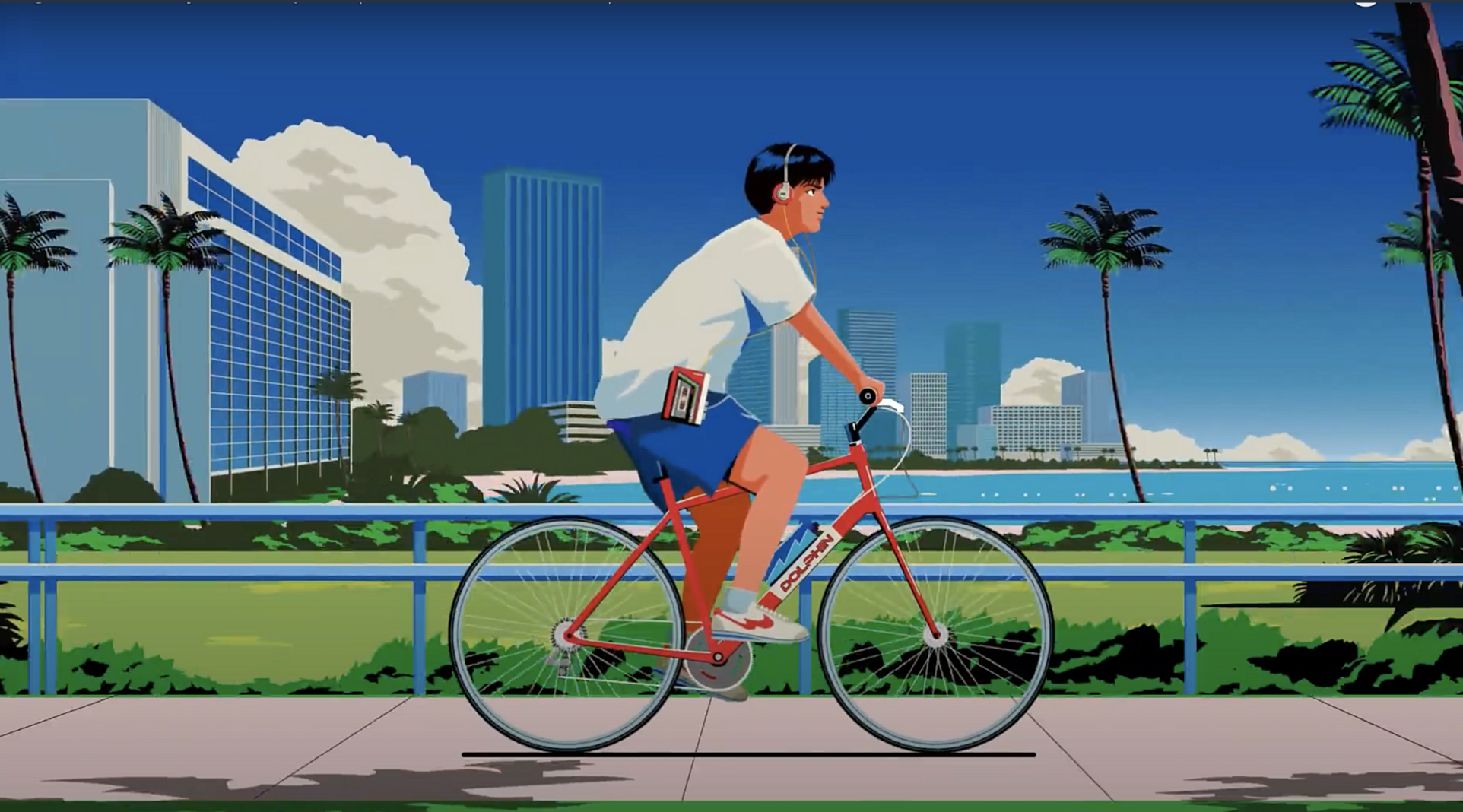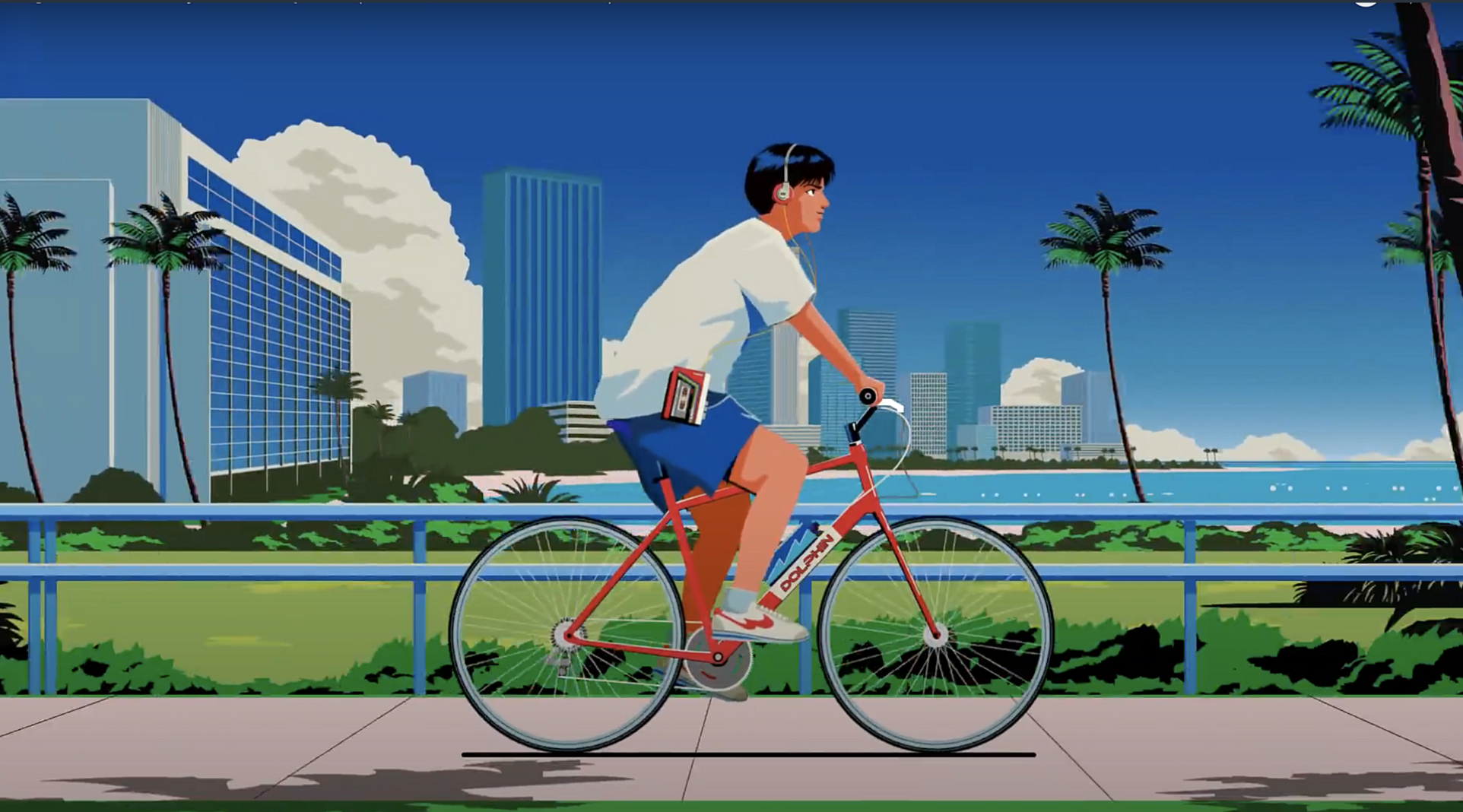Hacks to Practice Better Bossing, The Great China Crackdown, Nostalgia

1x FACT:
The Great China Crackdown
Here are some of the industries China has been cracking down on, from Crypto to feminine young male:
- Fintech companies
- Ecommerce and social media companies
- Celebrity and fan club culture
- High-income individuals who avoid taxes, or make “excessively high incomes”
- Tutoring and education companies, private schools
- Gaming companies
- Ride-sharing, car-hailing, bike-sharing, and power-bank-sharing companies
- Companies that want to IPO in the U.S.
- Companies that make heavy use of algorithms
- Cloud computing firms that sell services to state and Party organizations
- Bitcoin miners and crypto exchanges
- Real estate companies and landlords
- Private investment funds
- Online insurance providers
- Online short-term rental platforms
- Cosmetics and packaged food brands
- High-frequency stock traders
- Virtual reality
- Casinos
1x LEADERSHIP THOUGHT:
Hacks to Practice Better Bossing
Like all tasks in life, leadership is part skills and part work. Yet most of us spend too much time on the skills part and not enough time on the "work" part.
Say, you were working on the skill of influencing. You had devoured the wisdom of Cialdini, Carnegie, and Deepak Chopra, and you had written down all your notes into a bulging Moleskine notebook. You decided to start with skilful listening. Next, you needed to put them into practice.
Then most of us fumble, become demotivated, and then fail. After working with heaps of leaders, from seasoned executives to young founders, I have noticed that most of us are disciplined when it comes to gathering knowledeg- watching TED videos, completing udemy courses, reading HBR articles. But most of us are very bad at putting everything we have acquired into practice.
How come?
First, gathering knowledge is easy because it is inherently rewarding. We feel productive after reading smart quotes by Simon Sinek. We feel energized upon finishing James Clear's book on habits. As a result, we tend to hoard way more than we can use, and psychologically, without noticing, we become overwhelmed and then crippled by the question "Jeez, where do I start?"
Second, in the workplace, there is little time for practice. "Practice meetings" or "mock firings" don't really exist. Most interactions and "moments at work" are the actual games, not drills.
Let's contrast this with violin playing. When you played the violin, most of the time you would be playing it at home, in front of no one. You would spend majority of your time playing in this way- You would spend majority of your time practicing.
And then every now and then, you would play it in front of an audience- your poor parents, your mean classmates. You would be showcasing your skills and work, and these performances are the reasons for all the time you spent playing the violin in front of no one.
But in the workplace, you don't get to practice your leadership skills.
You don't practice decision making. You just make them and endure the consequences.
You don't practice delivering a critical performance review. You just deliver them and cope with the reactions and pushbacks.
Here is a simple mindset shift that will allow us to practice more diligently at work:
Every interaction is just practice.
For example:
- A one on one meeting with a tough boss -> A chance to practice "composure!"
- Need to push your lazy sales team to hit the targets -> Drills to work on "motivate others" and "drive for results."
In order to turn this new mindset into a practical reality, here are a few hacks I have found most helpful, and they only take a minute:
Ask
Look
Ask
Set
For example, let's say you are working on listening. You might find 3 meetings on your calendar where you would be leading discussions and you could listen better.
Among all the drills to better listening, "keeping your mouth shut" is what you want to start with.
Set a reminder right before these 3 meetings. The reminder will say, "Everytime I have the urge to speak, I will repeat the last point of whatever the other side has just said as a question, and then count to 10 before I say what I want to say."
Set another reminder right after these 3 meetings and reflect:
- "When was I able to "keep my mouth shut?" Why was I able to do that?"
- "When was I unable to "keep my mouth shut?" Why was I able to do that?"
- "What can I do so then I remember to keep my mouth shut more reliably?"
Let me know what you think. I know this sounds almost robotic, but trust me, the moment you start to look at all interactions at work as practices, you will realise there is endless opportunity to practice and grow. You will start to find everything less consequential and more enjoyable- They are just practices after all.
1x SILLY THING:
The Strange Emotion of Nostalgia
I came across the work of Ardhira Putra, a motion artist from Indonesia. I was mezmerized by his work because they triggered spiralling nostalgia.

Nostalgia is my favourite emotion. It's the lived experience of bittersweetness. It's a memory that is both sad and happy. It's both yearning and grateful. It's both hazy and vivid. And I think his work replicates these cocktails of feelings most accurately. I often wonder, do animals experience nostalgia? Do cats reminisce their younger self as the world becomes twilight? Is this one of the quintessential emotions of consciousness?

But I worry about nostalgia. It's addictive like sugar. Luckily, I've found solace in the wisdom of David Whyte, who exposed nostalgia, its purpose, its essence, thoroughly:
"Nostalgia is the arriving waveform of a dynamic past, newly remembered and about to be re-imagined by a mind and a body at last ready to come to terms with what actually occurred.
Nostalgia subverts the present by its overwhelming physical connection to a person or a place, to a time in which we lived or to a person with whom we lived, making us wonder, in the meeting of past and present, if the intervening years ever occurred. Nostalgia can feel like an indulgence, a sickness, an inundation by forces beyond us, but strangely, forces that have also lived with us and within us, all along.

Nostalgia is not indulgence.
Nostalgia tells us we are in the presence of imminent revelation, about to break through the present structures held together by the way we have remembered: something we thought we understood but that we are now about to fully understand, something already lived but not fully lived, issuing not from our future but from something already experienced, something that was important, but something to which we did not grant importance enough, something now wanting to be lived again, at the depth to which it first invited us but which we originally refused.
Nostalgia is not an immersion in the past, nostalgia is the first annunciation that the past as we knew it is coming to an end."
©2014 David Whyte Excerpted from ‘NOSTALGIA’ From the upcoming book of essays CONSOLATIONS: The Solace, Nourishment and Underlying Meaning of Everyday Words.
You can support me.
Please share this with your friends! They deserve something light and fun too.
Plus, they trust your recommendations more than my LinkedIn ads!
I think about leadership & psychology in the showers. I know it's odd, but these topics are important and fun. I hope you find them useful too.
By the way, this is my personal email, so chat with me by replying to this newsletter directly.
David
